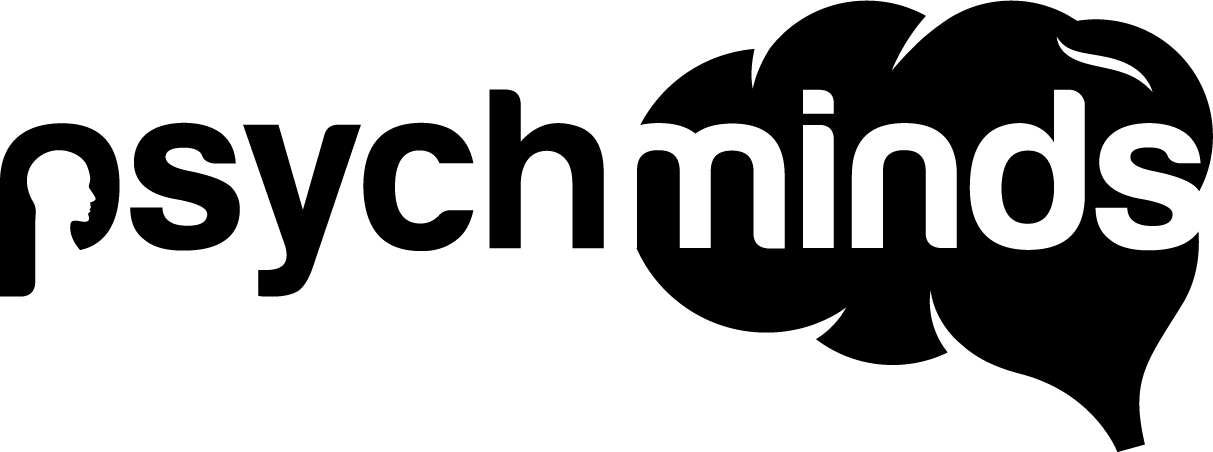What do women want? Has women’s liberation even begun? Is liberation the same as equality? All of these important questions deserve answers. That’s where Danielle Crittenden, an author and journalist, Germaine Greer, an academic, and Meg Jay, a clinical psychologist, come in.
Equality is an incredibly conservative aim!
Germaine Greer
There are a set of beliefs, according to Crittenden, that are designed to dictate how women ought to live. The tenets of which are that women ought to put everything into a career while postponing marriage and having children. Women should not trust marriage and what it stands for. Moreover, women should pursue the same lifestyles, have the same goals as well as the same jobs as men. Crittenden believes that these are the wrong messages to send out to women which were ignited by the women’s movement. It was in the early 1970’s when the women’s movement began. During this movement they were advocating for liberation. They wanted to be liberated from men, all the standard expectations, the belief that women belong in the kitchen and nowhere else. They wanted to be freed from this form of oppression. They wanted respect. Instead of liberation; however, women got equality. Feminists, organizations, societies all started fighting for this cause. But what is equality really? Nowadays, it has come to mean that for a woman to be equal to a man she must be the same as him.
As Germaine Greer said, “Equality is an incredibly conservative aim.” In her opinion, liberation does not mean assimilation. Liberation should be about celebrating the differences between men and women, not trying to narrow them down. Women should not have to enter the workforce with the same frame of mind as men and do the jobs in the same way that men do. They should have the opportunity to deconstruct them and do them differently. That would be true liberation. Greer also states that there is a, “Deep measure of settled misogyny in society.” We can see this misogyny in many forms whether it is the proliferation of images of unrealistically beautiful women in the media, the massive increase in the numbers of women getting plastic surgery, the insane diets hitting the market, one of which includes sewing a patch onto your tongue so that you are unable to chew food. It is this misogyny which needs to be recognized and tackled.
Meg Jay also believes that youngsters these days are receiving all the wrong messages. She talks about how both men and women are being told that their “30’s are the new 20’s,” meaning that they can basically postpone all responsibilities, critical decisions etc. into their 30’s. Jay believes that this robs those in their 20’s of ambition and urgency. According to her, the 20’s are not “developmental downtime” or “extended adolescence” as they’ve been called. They are a critical age that should not be wasted on empty relationships and unsatisfying jobs. The brain rewires and prepares for adulthood in one’s 20’s, fertility in women peaks at age 28 and things get very difficult at age 35, many personality developments occur in one’s 20’s. Therefore, they should not be treated like a throwaway decade. When things are pushed to the 30’s, there’s a lot of pressure to do it all at once. Once one hits 30, it’s time to pick a place to live, jumpstart a career, partner up fast and quickly have a couple of children. This is much more stressful and difficult than it would have been if one had dispersed these activities between one’s 20’s and 30’s. As Jay says, there are three things we ought to do. These include getting identity capital meaning doing things that add value to who you are as a person and invest in yourself. She also emphasized the importance of building a strong network. Lastly, she talks about how important it is to be intentional in all you do, whether that is in love or work. She highlights that the time to start picking your family starts in your 20’s not 30’s.
Crittenden mirrors these beliefs. She believes that feminism and the sexual revolution have undermined the family, having children and committed relationships. While the career woman has been put on a pedestal as a model example, the mother or housewife has been denigrated. Nowadays, by the time these career women hit their 30’s and want to settle down and start a family, there are few men who want to do the same. This is where the sexual revolution comes in. Crittenden states that the premise of this revolution is that women are sexually the same as men. Women in their 20’s are encouraged to experiment and have a string of non-committed sexual relationships. Therefore, they waste their years when they are most sexually powerful. By the time they hit 30, their sexual power is diminished. We no longer connect sexual relations with actual commitment. When this occurs, both men and women become “coarsened inside,” as Crittenden says and it makes us mistrustful of relationships.
We can have it all, but not all at once
Danielle Crittenden
So what is the ideal life for a woman? What should feminists be fighting for? Many women as well as men tend to want marriage, children and some sort of work outside family life. Since women are most sexually powerful and fertile in their 20’s, they should settle down in committed relationships earlier, have children younger and then pursue a fulfilling career. We are taught, however, to do it all backwards and ignore our biological clocks. Since men don’t have them, why should women? Women’s career trajectories could also be enhanced by reversing how critical life events are achieved and potentially entering the workforce later. In the current system, once women reach a high position in their 30’s, they have to give it up and halt work once they have children, even if just for a short period of time. Many tend not to go back to work. Therefore, it would make more sense for women to start their career in their late 20’s or early 30’s and have a continuous career until they retire, rather than having this awkward break right in the middle. As Crittenden says, “We can have it all, but not all at once.”
To conclude, women should be fighting for liberation, not equality. When distilled down to its essence, equality simply implies men and women have to do the same things, be the same, have the same goals etc. However, they are different and these differences should be recognized and celebrated. Men and women can make different and equally important contributions in the realms of life, family and work. We need re-education in this domain, we need to hear more helpful messages. As Greer says, “feminism has a huge mountain to climb.” It’s time to start climbing.
References:
AllanGregg. (April 18, 2012). Danielle Crittenden Says Feminists Have A Lot To Answer For. Retrieved August 4, 2013, from http://www.youtube.com/watch?v=TU1isJvsTCw
AllanGregg. (January 7, 2011). Germaine Greer thinks women still have cause to be angry. Retrieved August 4, 2013, from http://www.youtube.com/watch?v=CITBPjJCU9o
TEDtalksDirector. (May 13, 2013). Meg Jay: Why 30 is not the new 20. Retrieved August 4, 2013, from http://www.youtube.com/watch?v=vhhgI4tSMwc
Image Credit: Male and female signs. (June 16, 2009). psdGraphics. Retrieved August 5, 2013, from http://www.psdgraphics.com/psd-icons/male-and-female-signs/
















